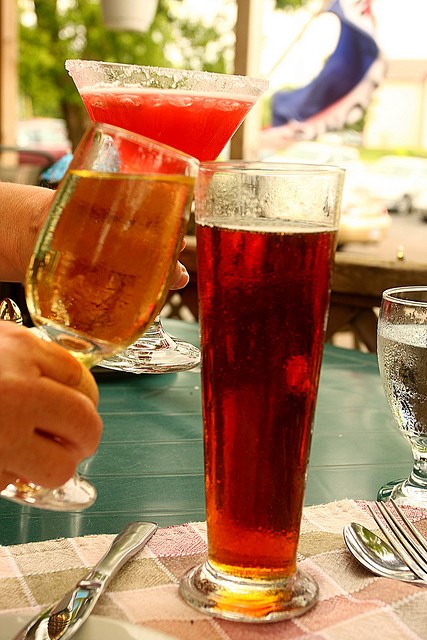May’s traffic spotlight by SGI is impaired driving, which is particularly relevant as grad season comes upon us.
“Impaired driving is one of the highest contributive factors of fatal collisions in Saskatchewan,” said Marie Schultz, a communications consultant with SGI. The other two are distracted driving and speeding.
In the latest statistics from 2013, 40 people were killed and 606 were injured in over 1,300 alcohol and drug-related collisions in Saskatchewan.
“People are still drinking and driving and fatalities are still high. It’s simple; fatalities shouldn’t be happening,” Schultz said. “(The stats) are unacceptable.”
The penalties changed last summer to try to further dissuade impaired driving. There are longer license suspensions and vehicle seizure times. In some cases, users pay for a mandatory ignition interlock. This is a device that drivers blow into to make sure they have no alcohol in their system. Penalties are based on experience and number of years the person has been driving. New drivers can’t have any alcohol in their systems, and there is zero drug or alcohol tolerance for drivers under 19.
Drugs and alcohol have a detrimental effect on a driver- reaction times by making them slower and it can affect vision, hearing, and fine motor skills.
“When a kid runs out of nowhere, you need to be ready for that,” Schultz said. “If you’re impaired, your reaction times will be slower.”
Other than obviously not drinking and driving, there are things that the average person can do to make the road safer for everyone.
“Designated drivers are a huge thing,” Schultz said.
In addition, if you see a driver you think may be impaired, it’s best to report them to the police. Schultz said to include details like time, location, vehicle description, and driver description.
“Drivers are allowed to call 911 while driving, but we highly recommend, if possible, pull over or have a passenger make the call,” she added.
Over the last five years, instances of impaired driving have gone down, though they were up a bit in 2012. Still, SGI would still like to see no impaired drivers on the road.




